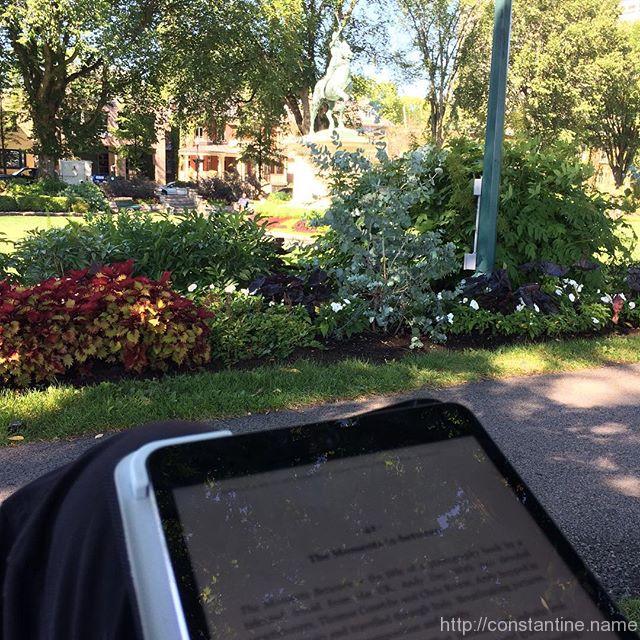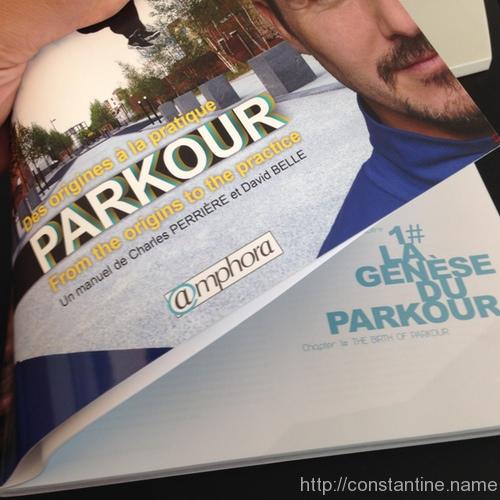https://www.librarything.com/work/17885382
On September 4th, Vincent Thibault’s latest book, Parkour & Art du Déplacement: Lessons in Practical Wisdom came out on Kindle. (A print version is eminent.)
I was in Québec at the time, and it felt like an early birthday present. I took most of the day off to sit in a beautiful park, on a spectacular day. I devoured the entire book in one sitting. With every page, I became more convinced that I was going to be spending a lot of quality time with this book.
This book brings a fresh approach to understanding and exploring Parkour/Art du Déplacement/Free Running. No pictures, no explanations of techniques. Instead, it provides 90 distinct thoughts and ideas giving you the option of exploring your Parkour/ADD in your own way. You can read the entire book, or dive into one particular idea at a time. If you read it overall as one piece it will give you a great introduction to the Spirit and Philosophy of Parkour/ADD; If you want to “dive deep”, you can pick each of the ideas apart separately and explore them through your own thinking, exploration and communications with others.
The book includes both English and French written by the author — this is an exceptional feature of the book. Rather than being translated, Thibault is able to convey the ideas naturally in both languages. Native speakers of English or French will benefit equally.
Finally, this is the first book (that I’m aware of) which literally bridges the two most important languages encountered in the context of Parkour/ADD. If you are working on one of them as a second language, you can flip between the two language versions of the material and be assured you are getting a nuanced, and accurate, translation of the concepts.
ɕ


